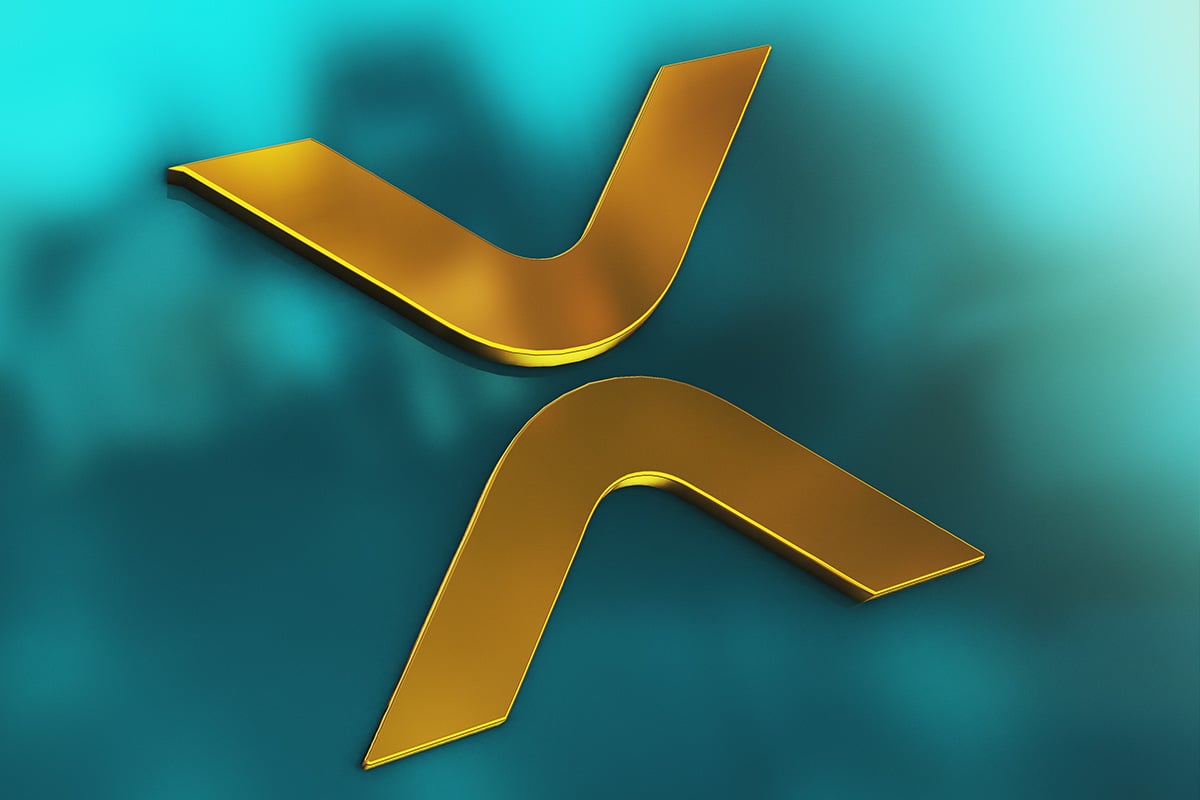TLDR
- XRP is rapidly gaining traction in decentralized finance with strong community support.
- Ethereum faces challenges due to high transaction costs, which limit its efficiency for DeFi users.
- Solana delivers speed and low fees but struggles with network outages and concerns about centralization.
- XRP Ledger offers fast and reliable transactions with minimal fees, making it attractive for DeFi platforms.
- The upcoming XRPL Hooks feature aims to bring smart contract capabilities in a lightweight and efficient form.
XRP is gaining momentum in the decentralized finance (DeFi) and could soon challenge Ethereum (ETH) and Solana’s (SOL) dominance. A well-known XRP community member outlined specific advantages that place XRP Ledger (XRPL) ahead of its competitors. With speed, cost, and regulation improvements, XRP may secure a stronger position in the DeFi ecosystem.
⚠️🚨 ETHEREUM’S TOO EXPENSIVE. SOLANA’S TOO UNSTABLE.
But XRP might be DeFi’s next dark horse.
Let me explain why XRPL could win this race. 🧵👇 pic.twitter.com/e9cNmDQUGV
— All Things XRP (@XRP_investing) May 10, 2025
Ethereum Faces Cost and Efficiency Issues
Ethereum has led the DeFi space for years, but its rising transaction fees create limitations for users and developers. Current gas fees on Ethereum range between $20 and $70, making it expensive for regular DeFi transactions. These high costs reduce efficiency and deter smaller participants from using the network consistently.
Ethereum relies on the proof-of-stake model, prioritizing security but slowing processing speed during network congestion. While it remains highly decentralized, this architecture limits its scalability in real-time DeFi applications. Users often wait longer for confirmation, which affects time-sensitive financial operations.
Despite its wide adoption and developer activity, Ethereum struggles to provide affordable and fast services in the current DeFi landscape. As competition grows, its inability to address these limitations may weaken its market grip. XRPL’s low fees and faster settlement offer a more practical alternative for daily DeFi tasks.
Solana Battles Outages and Centralization Concerns
Solana offers fast and low-cost transactions, but its history of outages raises concerns about reliability. The network has experienced multiple downtimes, disrupting DeFi applications and affecting user trust. These outages limit its ability to serve high-volume, real-time financial services efficiently.
SOL also faces questions about centralization, with a few validators controlling most of the network’s activity. This model can reduce transparency and expose the system to potential manipulation during critical events. Users seeking stable DeFi platforms may hesitate to rely on a network with such vulnerabilities.
Although Solana has built a strong ecosystem, these structural concerns remain unresolved. As DeFi requires both speed and security, platforms with consistent uptime and decentralized governance gain an edge. XRP Ledger’s consensus model aims to deliver both with fewer technical failures.
XRP Offers Speed, Low Cost, and Strong Backing
XRP Ledger settles transactions within seconds, with negligible fees compared to its rivals. This speed allows DeFi applications to operate more efficiently, especially during high user activity periods. Unlike Ethereum and Solana, XRPL has never experienced a major network outage.
XRPL will soon integrate XRPL Hooks, which add smart contract functionality using lightweight and efficient code. These Hooks are designed for specific tasks like lending, payments, farming, and improving DeFi use without high costs. As a result, the network could attract more DeFi projects seeking optimized performance.
XRP also benefits from strong institutional backing and favorable regulations in regions like the UAE and the EU. These factors position XRPL as a bridge between decentralized and traditional finance. With real-world traction and ongoing development, XRP continues to gain relevance in the evolving DeFi space.






